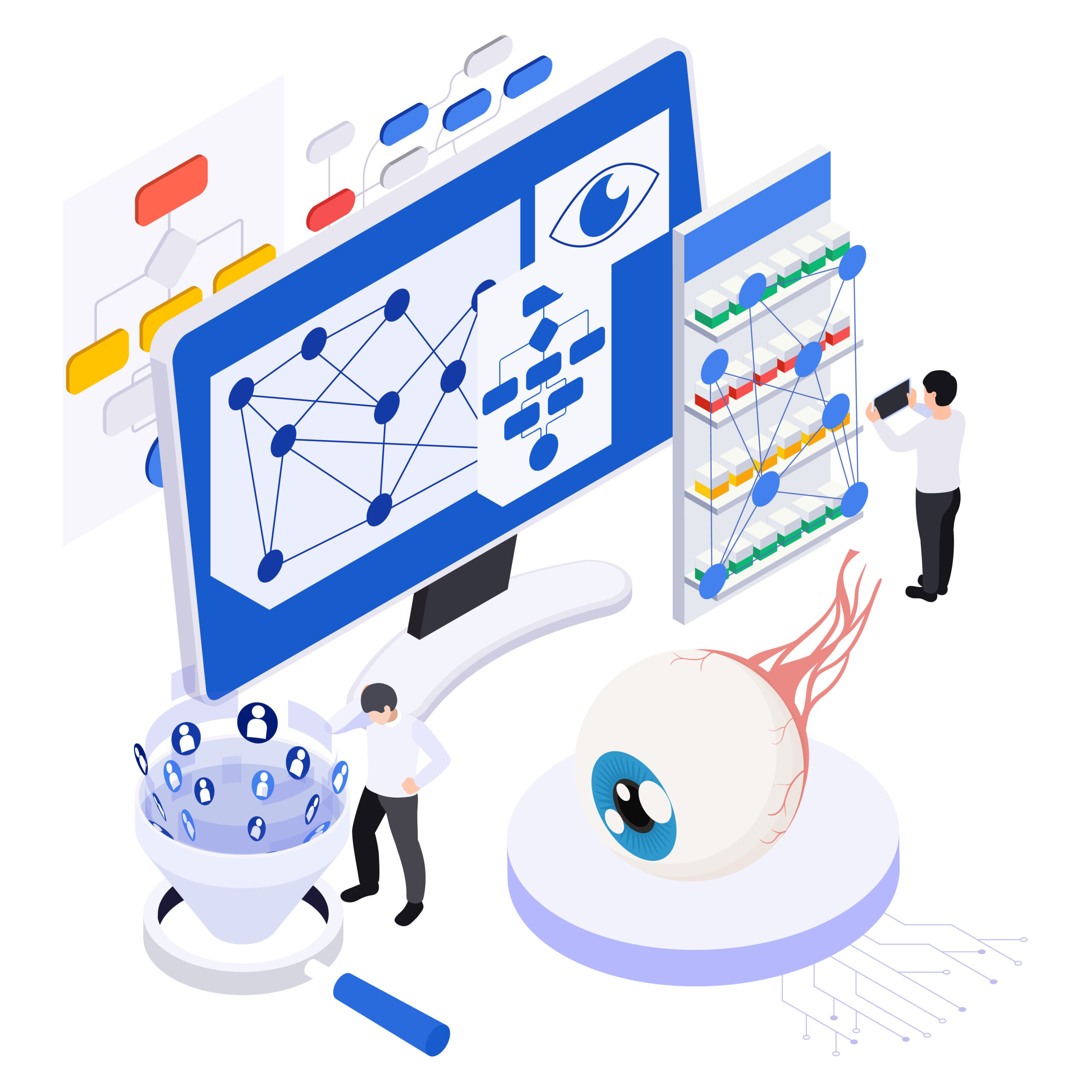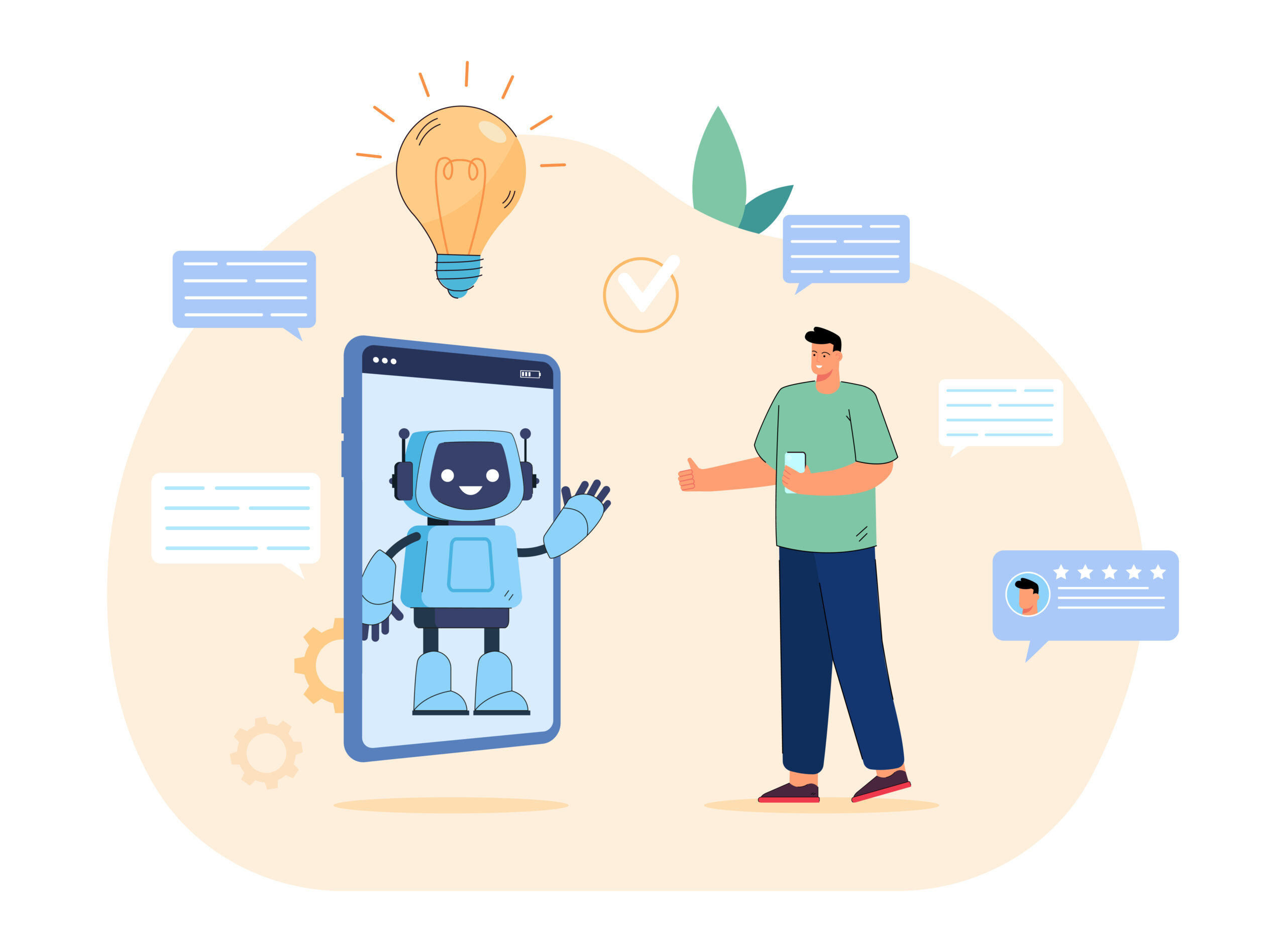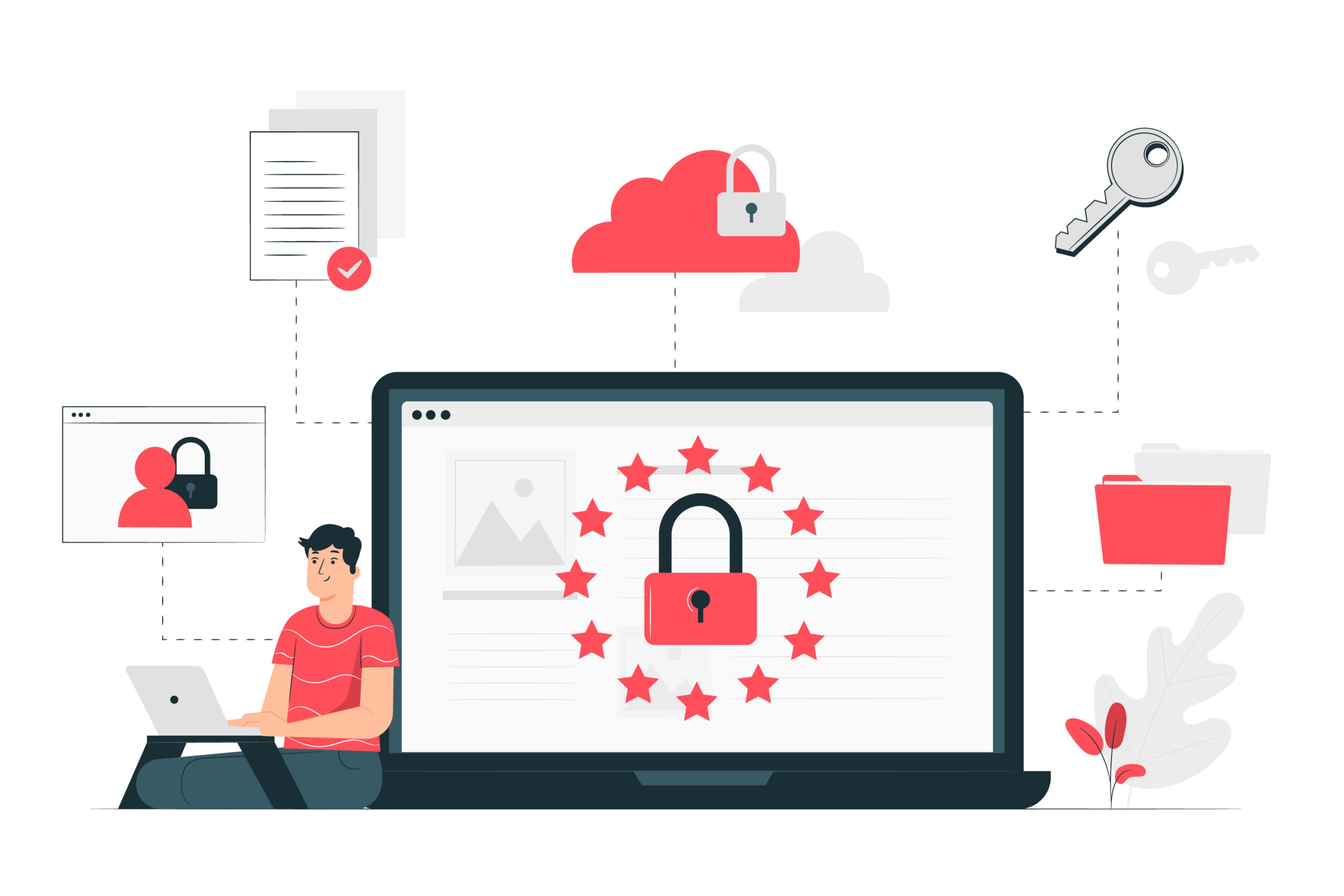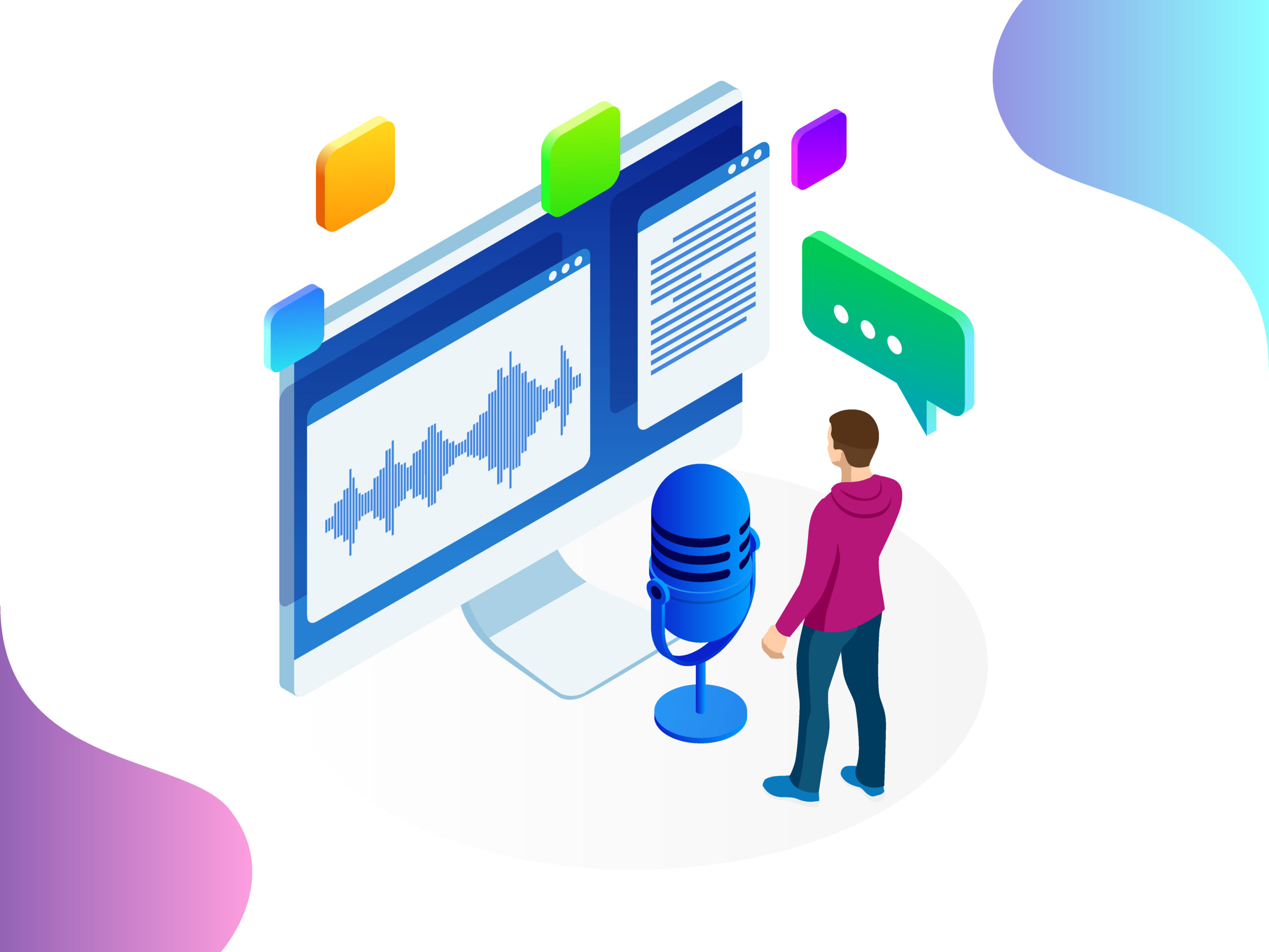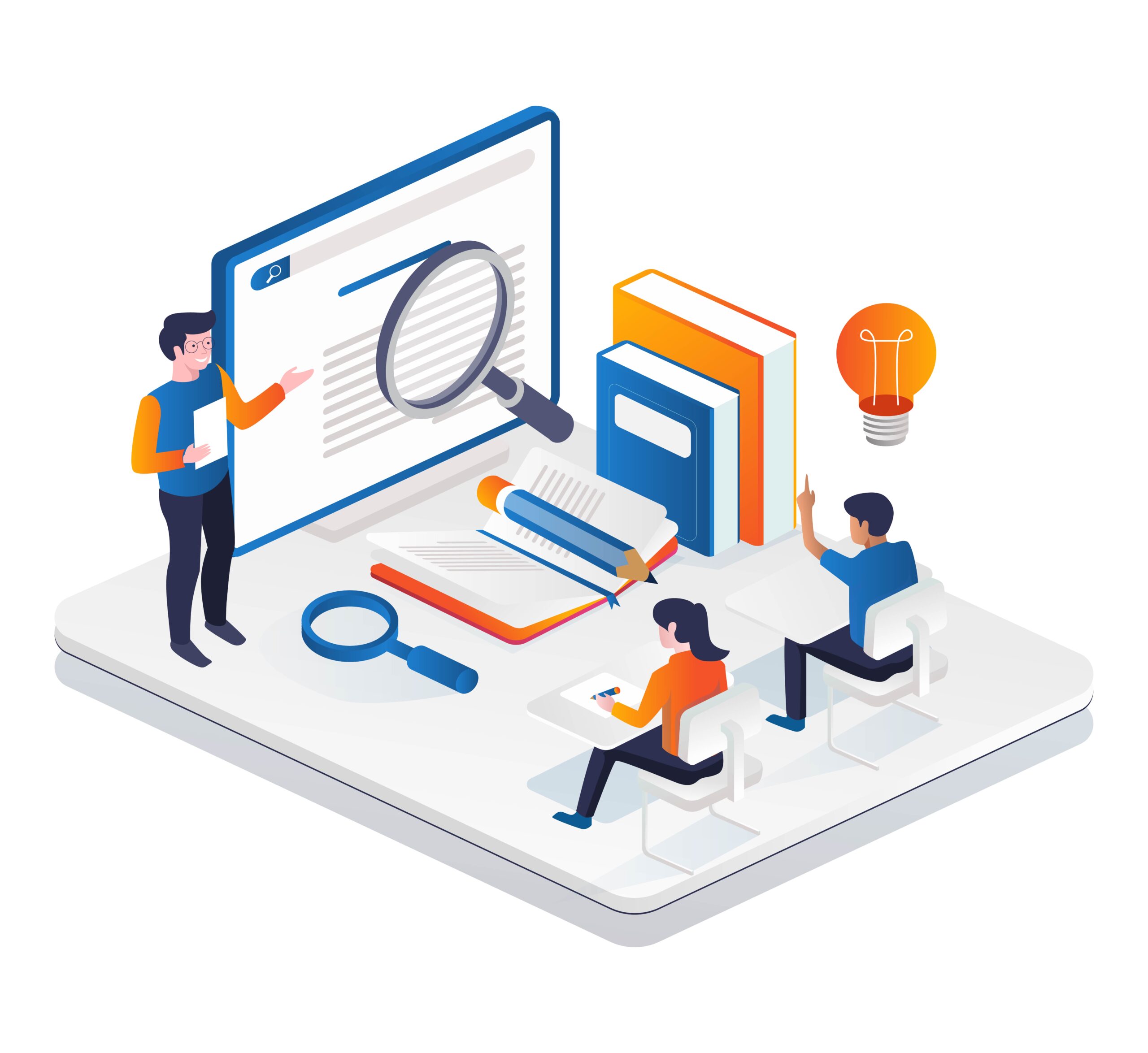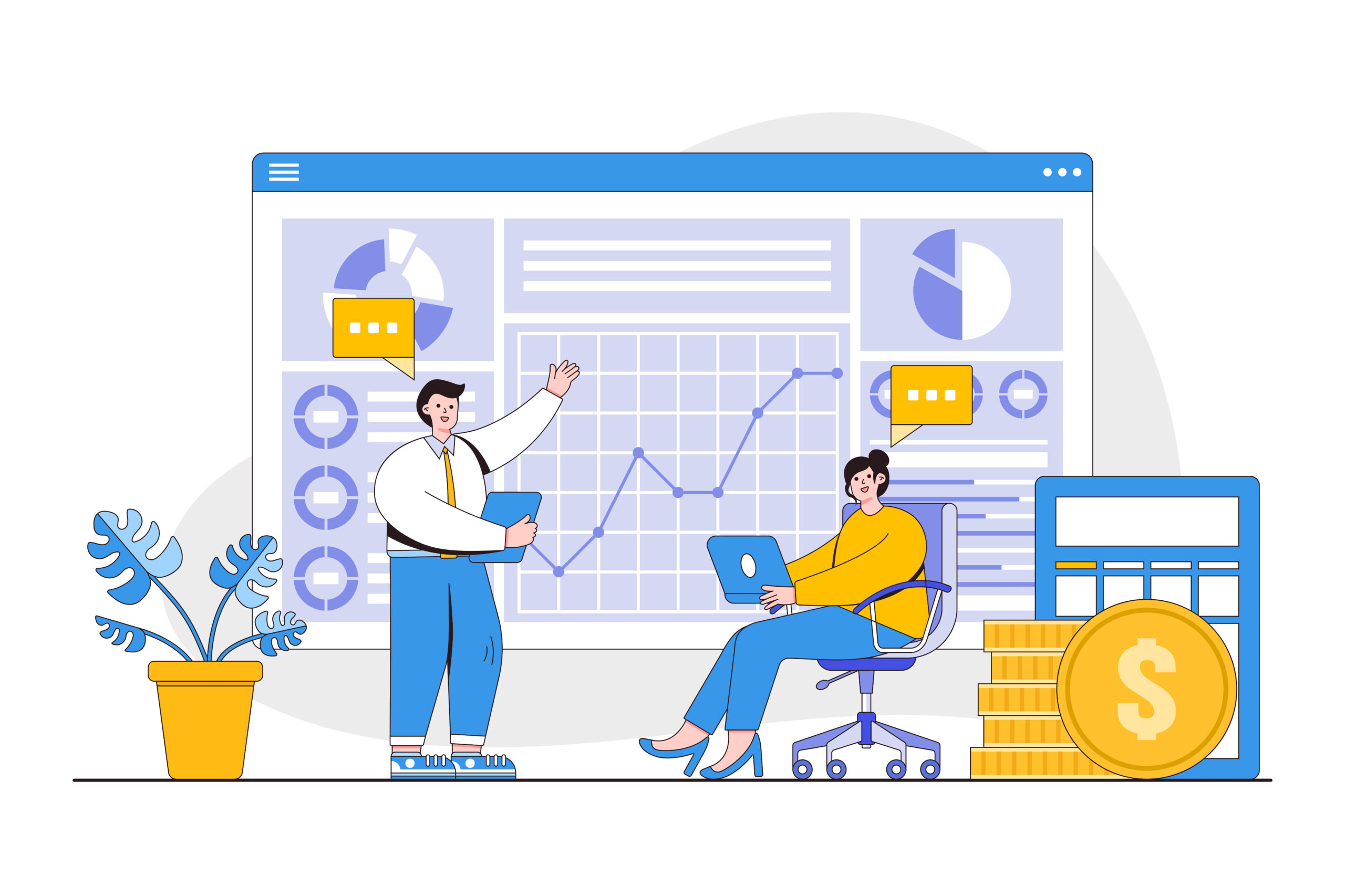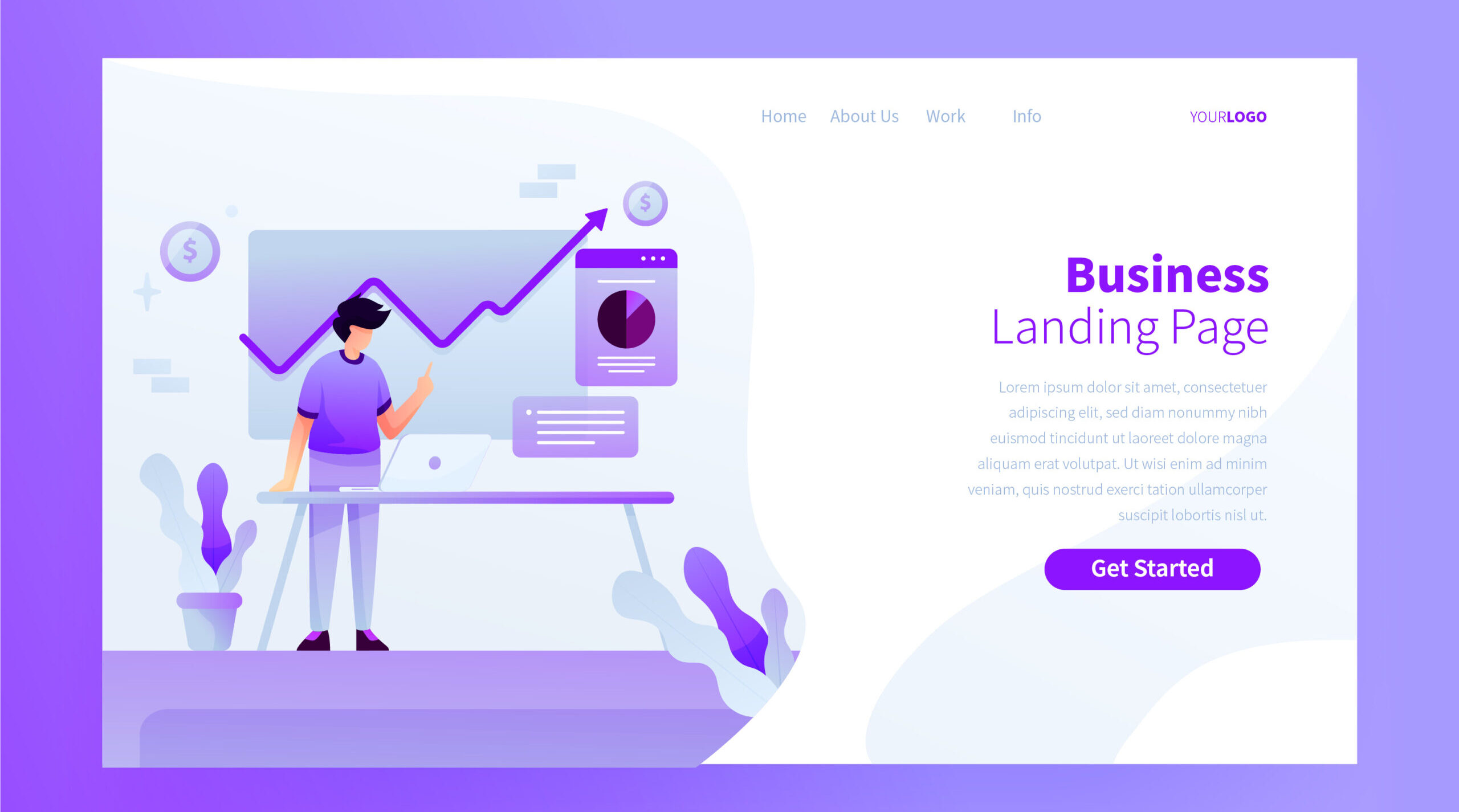Streamlining B2B Digital Marketing: Key Tasks to Automate for Efficiency and Impact
Efficiency is the key in B2B digital marketing, where priorities constantly shift and the pressure to deliver results is relentless. Yet, for many marketing teams, the reality is an overflowing to-do list and a constant struggle to keep up with the demands of generating, nurturing, and converting leads. It's no wonder that burnout has become an all-too-common companion. However, amidst this chaos, there's a powerful solution: marketing automation. According to 98% of marketers, marketing automation is not just beneficial—it's vital for success. To elaborate further, this article explores the essential tasks you can automate to get a better chance at improving your marketing game. B2B
Leveraging AI in B2B Marketing Navigating the Future
The world of B2B marketing is exciting and keeps us marketers on our toes constantly. You must seek innovative strategies to engage your target audience effectively and continually. With the digital arena becoming increasingly competitive, the role of artificial intelligence (AI) is garnering significant attention. It can revolutionize marketing practices like never before. According to recent research, 84% of digital marketing leaders believe integrating AI and machine learning (ML) technologies is beneficial. It can enhance the marketing function's capacity to deliver real-time, personalized experiences to customers. Against this backdrop, we bring you this article to help you understand the varied aspects of AI-driven B2B
Data Privacy and Security in B2B Marketing: Adapting to New Regulations
Data privacy and security are becoming crucial in the changing world of B2B marketing. As you harness data to drive targeted marketing strategies, safeguarding sensitive information becomes crucial for responsible business practices. Furthermore, the introduction of India's Digital Personal Data Protection Act (DPDPA) 2023 has brought about significant changes. The regulatory framework surrounding data handling and protection will impact B2B marketing efforts. This article explores the implications of DPDPA on B2B marketing strategies. We will also look at the considerations to help you manage data integrity in these changing times. Understanding India's Digital Personal Data Protection Act (DPDPA) 2023 The Digital Personal Data Protection Act (DPDPA)
Voice Search Optimization: The New Frontier in B2B SEO
The advent of voice search technology has profoundly transformed the way we interact with search engines. With the proliferation of voice-activated devices like Amazon's Alexa, Google Home, and Apple's Siri, voice search is becoming increasingly integrated into our daily lives. A recent study by Juniper Research predicts that by 2023, 8 billion digital voice assistants will be in use. This technological evolution is not only affecting B2C markets but is also making a substantial impact in the B2B sector. Therefore, voice search optimization has become a vital component in the B2B SEO strategy. The Importance of Voice Search in B2B SEO Voice search is no
Crafting High-Converting Case Studies: A Manual for B2B Content Marketing Professionals
In B2B marketing, few tools are as compelling and impactful as a well-crafted case study. Case studies allow businesses to showcase their solutions through real-world examples, offering a level of authenticity and trust that is unparalleled. According to a report by the Content Marketing Institute, 47% of B2B buyers rely on content like case studies to research and make purchasing decisions. However, creating a case study that informs and converts is an art that requires a nuanced approach. This guide will walk you through crafting B2B case studies that resonate with your target audience and drive results. Understand Your Target Audience Before diving into the writing
Combining ABM Strategy and Product-Led Growth: A Synergistic Approach for B2B Success
In the competitive B2B landscape, companies continuously search for the most effective strategies to acquire and retain high-value customers. Two proven effective methodologies are Account-Based Marketing (ABM) and Product-Led Growth (PLG). Separately, they offer distinct advantages; together, they can deliver a potent combination for B2B success. This blog explores how integrating ABM and PLG can supercharge your marketing and sales efforts, generating substantial ROI. Account-Based Marketing (ABM): A Brief Overview Account-based marketing is a focused approach in B2B marketing where a specific set of target accounts are identified, and customized campaigns are then tailored to engage each account. ABM prioritizes quality over quantity, aiming to
B2B Lead Generation Challenges and Strategies for Overcoming Them
Introduction The importance of generating high-quality leads cannot be overstated in the B2B business landscape. However, the journey towards effective lead generation is loaded with challenges. According to Hubspot, 61% of B2B marketers cite generating high-quality leads as their biggest challenge. This article will explore some of the most common obstacles and provide actionable, data-backed solutions. Challenges in B2B Lead Generation 1. Finding the Right Audience The Challenge: Determining and targeting the appropriate audience is often easier said than done. According to Marketo, 42% of B2B marketers state that a lack of quality data is their biggest barrier to lead generation. The Solution: Market research and customer personas can guide
Building a Landing Page that Converts: A Comprehensive Guide to B2B Lead Generation
Landing pages are more than static web pages; they are potent tools for business growth. From lead generation and conversion to personalization and brand reinforcement, landing pages are pivotal to a comprehensive and effective B2B digital marketing strategy. By understanding the unique needs of B2B clients and leveraging the multifaceted benefits of landing pages, businesses can create engaging, targeted, and actionable platforms that contribute significantly to their bottom line. In this blog, let's explore the essential elements and strategies for building a landing page that converts. Understanding the Audience Studies show that 96% of individuals who visit a landing page or website for the first

